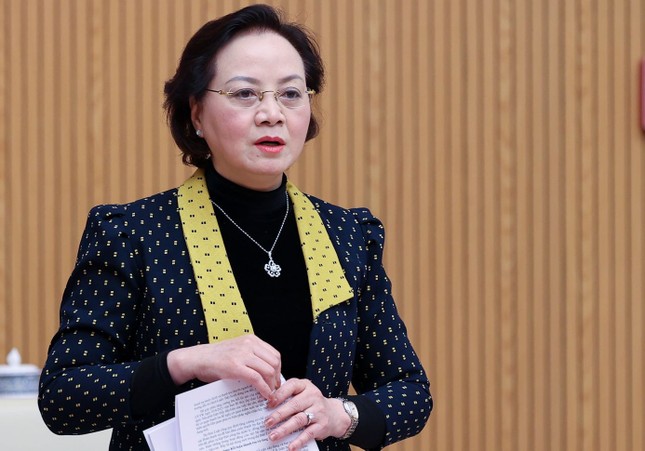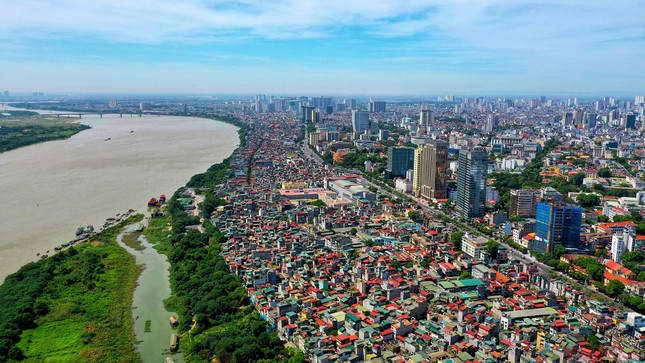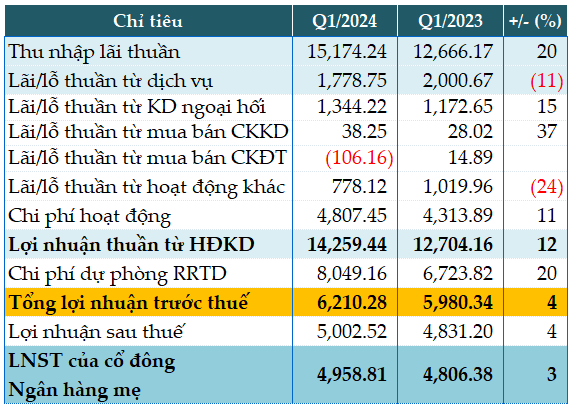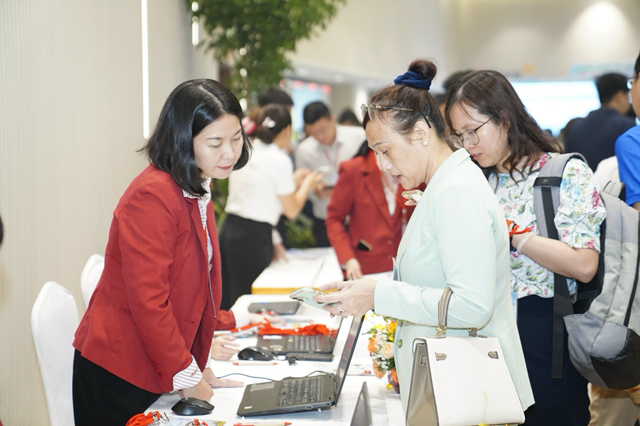“Distinctive element” after the merger
At the first meeting of the Steering Committee for the implementation of the merger project, Minister of Home Affairs Pham Thi Thanh Tra said that in the period of 2023 – 2025, there were a total of 56 provinces and cities, with 50 district-level units and 1,243 communes to be arranged. After the reorganization, the number of district-level units would be reduced by 14, and the number of communes would be reduced by 619.
Particularly in terms of time, this direction must be completed before October this year. The reason is to allow localities to prepare for the organization of Party congresses at all levels, towards the 14th National Party Congress, in which grassroots bodies will be implemented in the first quarter of 2025.

Minister of Home Affairs Pham Thi Thanh Tra.
Based on the actual implementation, many localities have proposed specific suggestions regarding urban standards, handling of redundant personnel, and handling of state property after the merger.
Among them, Hanoi proposed that the Ministry of Home Affairs report to the competent authority for this city to apply the “distinctive element” to communes after they have been arranged, without meeting the standards for natural area and population scale.
Hanoi City also suggested that the competent authority consider and amend the standards for population scale and area of administrative units at all levels, as the current standards are not suitable for the reality in Hanoi.
“This is an extremely difficult and complex task, it requires coordination, unity, and sharing with localities to implement it. The goal is to be determined with a flexible spirit in each specific case, with the highest requirement to achieve the goals, the shared direction of the Party and the National Assembly”, Minister of Home Affairs Pham Thi Thanh Tra.
Reflecting on the difficulties, Binh Phuoc province believes that the current urban planning law does not clearly define the sequence, authority to organize, appraise, and approve urban areas expected to be formed after the reorganization, therefore, the locality is still confused in the implementation process…
From that, Binh Phuoc province proposed that the Ministry of Construction soon issue guidance documents to resolve difficulties in planning and urban development programs to serve the arrangement of administrative units.
Focus on solving difficulties and obstacles
Another obstacle and difficulty that many localities are facing is the arrangement and handling of houses, land, and state property after the merger. Ba Ria – Vung Tau province said that it faced many difficulties in selling large-area land as well as rearranging and handling houses and land…
The province proposed to add regulations on forms of rearranging and handling houses and land for facilities using appropriate purposes assigned by the State; at the same time, it is necessary to add regulations on liquidation of houses, assets attached to land; regulations on developing auction plans as prescribed by land laws.
In addition to difficulties in handling headquarters and state property, Dak Lak province also believes that the arrangement, rearrangement, and resolution of regimes and policies for excess officials and public employees during the rearrangement of administrative units face many difficulties when implemented at the same time as the downsizing directive from the Politburo and the central agencies.

Hanoi suggested reviewing and amending the standards for population scale and area of administrative units (illustrated).
Regarding this issue, Hung Yen province stated that the number of party committee members, permanent members, deputy secretaries of the party committee… is very large after the rearrangement. Meanwhile, the regulations on receiving commune-level officials to work as district-level civil servants are difficult.
Based on the actual situation, Hung Yen province proposed the Central Government to consider a special mechanism regarding the number of party committee members, the permanent bureau, deputy secretaries of the party committee, as well as the number of members, deputy heads of the inspection committee of the newly formed party committees after the reorganization.
Hung Yen province also proposed to the Central Government to consider the mechanism and policies to support non-professional practitioners at the commune level after the rearrangement (extended arrangement time for 5 years like commune-level civil servants).
Facing these challenges, Minister of Home Affairs Pham Thi Thanh Tra affirmed that more than ever, it is necessary to concentrate efforts to solve local difficulties and obstacles. Regarding the difficulties in classifying urban areas, the Minister of Home Affairs said that she would work with the Ministry of Construction to solve this issue. Regarding redundant personnel and state property, all these requirements are already included in the project.
“During the implementation process, if there are any difficulties and obstacles from localities, the Ministry of Home Affairs will coordinate with members of the Steering Committee to resolve them immediately”, emphasized Tra.
Discussing this issue, Deputy Chairman of the Parliamentary Committee of Laws Nguyen Phuong Thuy noted that the conclusions of the Parliamentary Standing Committee all underline the need to ensure compliance with planning, while meeting the standards of administrative units, especially the standards for urban areas.
According to Thuy, this is a very difficult issue to meet the requirements of Resolution 35 of the Parliamentary Standing Committee while meeting the progress requirements. Therefore, the Government should summarize the suggestions and difficulties of the localities to report to the Parliamentary Standing Committee, which may propose specific solutions to address the specific difficulties.
“If there are debts in criteria and standards, it is very difficult to persuade. If this is a common obstacle, it should also be reported to the Parliamentary Standing Committee on this issue and make more specific proposals and suggestions”, said Thuy.









































